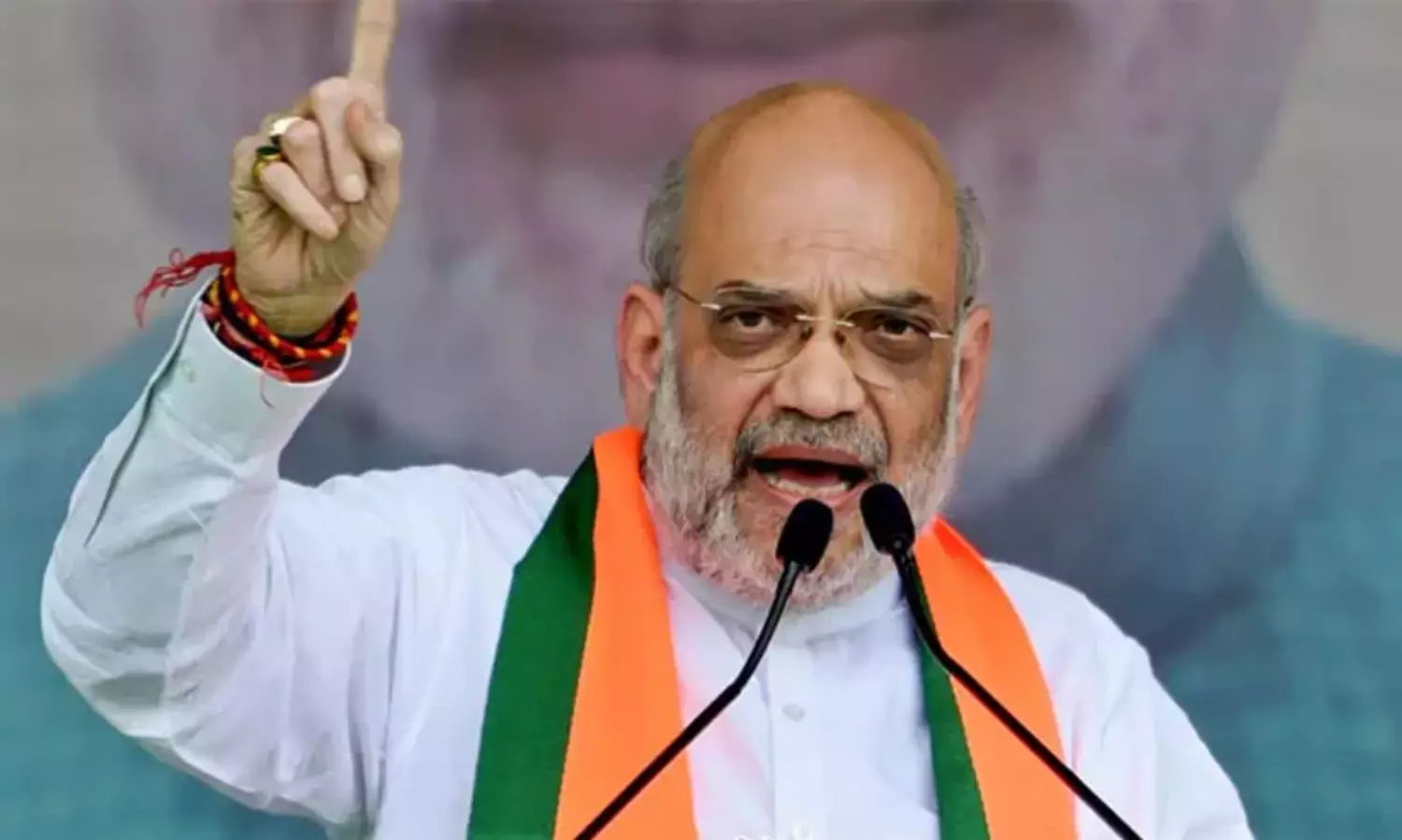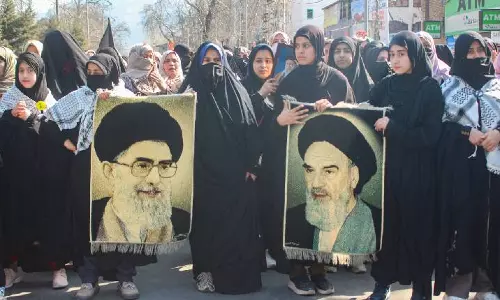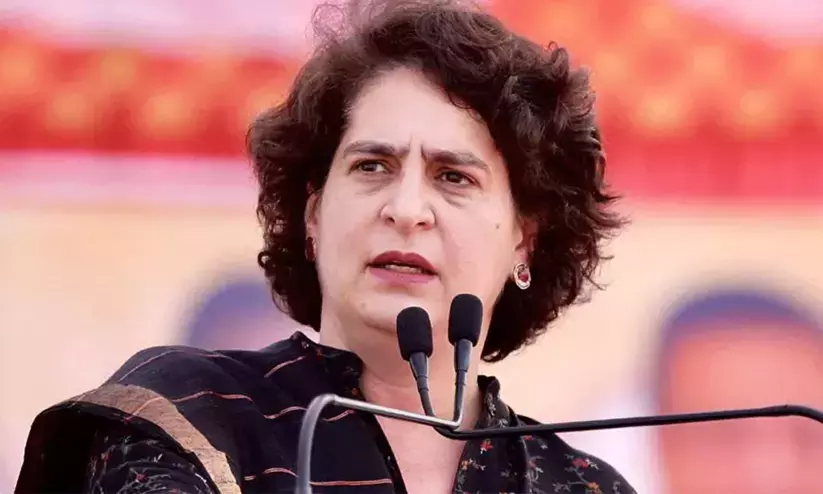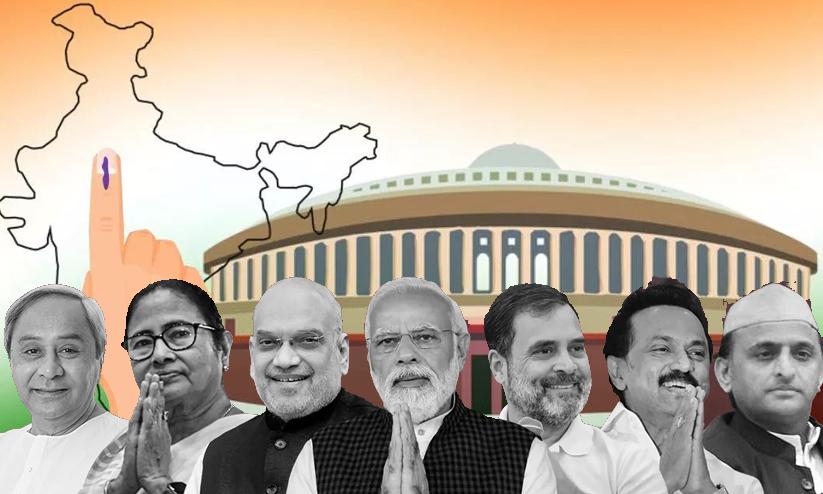
2024 Election analysis: BJP’s lack-lustre victory, regional parties’ resurgence
text_fieldsIn a seismic shift in Indian politics, the 2024 Lok Sabha election results have reshaped the country's political landscape, ushering in a new era of regional resurgence and coalition politics with government stability hinged to fickle party stances. With the Bharatiya Janata Party (BJP) falling short of a majority on its own, the stage is set for a recalibration of power dynamics and a renewed focus on coalition equations.
Coalition politics takes centre stage
For the first time in a decade, India returns to the days of coalition politics at the Centre. The BJP, despite winning 240 seats, must rely on its pre-poll allies to secure a majority. With key partners like the Telugu Desam Party, Janata Dal (United), Shiv Sena, and Lok Janshakti Party, the BJP-led National Democratic Alliance (NDA) managed to clinch 283 seats, but not without a significant shift in power dynamics.
Rise of regional leaders
From Uttar Pradesh to West Bengal, regional leaders emerge as pivotal players in shaping the national narrative. In Uttar Pradesh, the Samajwadi Party's stunning victory disrupts the BJP's stronghold, signalling a resurgence of regional forces challenging the hegemony of national parties. Similarly, Mamata Banerjee's Trinamool Congress holds fort in West Bengal, thwarting the BJP's ambitious expansion plans and reaffirming the significance of regional identities in Indian politics. Figures like Chandrababu Naidu, Akhilesh Yadav, Mamata Banerjee, and M K Stalin command attention, bolstering the voice of regional aspirations and mounting pressure on the Central government.
BJP faces opposition resurgence
The opposition, led by the Indian National Congress, stages a remarkable comeback, winning 223 seats. This contrasts sharply with the BJP's dominant performance in 2019, indicating a seismic shift in public sentiment. States like Uttar Pradesh witnessed a tight race, with the Samajwadi Party making significant gains, denting the BJP's stronghold.
The BJP's electoral setback, particularly in key states like Uttar Pradesh and Maharashtra, underscores the waning influence of the ruling party and the resurgence of opposition forces. Despite its high-decibel campaign centred around Prime Minister Narendra Modi, the BJP faces a formidable challenge from a resurgent opposition led by the Congress. The shift in fortunes signals a renewed vigour among opposition parties, emboldened by their electoral gains and poised to hold the government accountable.
In West Bengal, Mamata Banerjee's Trinamool Congress holds its fort, thwarting BJP's ambitions despite earlier predictions of a saffron surge. The TMC's resounding victory showcases the enduring strength of regional parties in shaping India's political narrative.
Kerala and Maharashtra: Unforeseen twists
Kerala, long considered a left bastion, witnessed a historic win for the BJP, partly signalling a shift in traditional political dynamics. The party's strategic outreach to certain minority communities challenged established narratives, marking a significant breakthrough in the southern state.
Maharashtra, meanwhile, witnesses a resurgence of the opposition alliance, with the Congress-NCP-Shiv Sena coalition making substantial gains. The BJP's divisive politics and orchestration of fractures within regional parties backfire.
Karnataka: BJP's base holds firm
While the BJP retains its stronghold in Karnataka, winning 17 seats, the party faces a diminished presence compared to previous elections. The Congress-JD(S) alliance manages to dent the BJP's dominance.
Challenges and opportunities ahead
As India navigates this new political landscape, the road ahead is fraught with challenges and opportunities. The BJP, hereto accustomed to unchallenged authority, must now encounter the complexities of coalition politics, accommodating diverse voices and interests within its governing framework. The resurgence of regional leaders and the revitalization of the opposition present both challenges and opportunities for governance.
Economic reforms and policy Iperatives
The need for consensus-building and coalition management becomes paramount as the government grapples with pressing issues such as economic reform, agricultural reform, and job creation. The BJP's setback in states like Maharashtra and Uttar Pradesh underscores the imperative for inclusive policy-making and greater engagement with diverse stakeholders.























